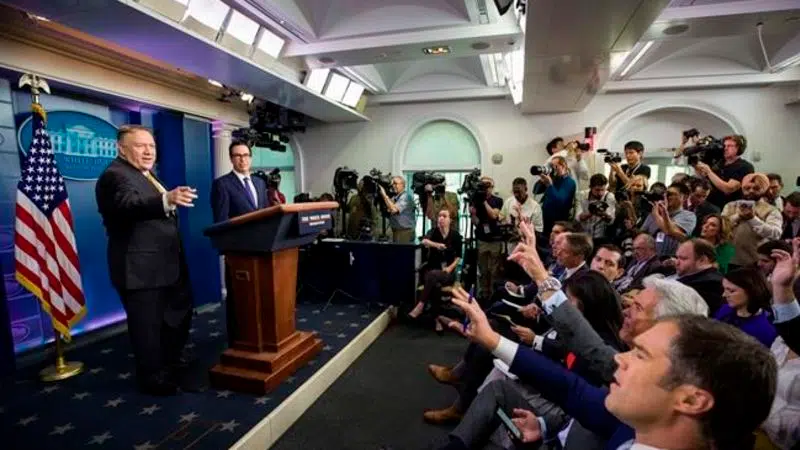
Trump ousts hawkish Bolton, dissenter on foreign policy
WASHINGTON — President Donald Trump on Tuesday abruptly forced out John Bolton, his hawkish national security adviser with whom he had strong disagreements on Iran, Afghanistan and a cascade of other global challenges.
The sudden shake-up marked the latest departure of a prominent voice of dissent from the president’s inner circle, as Trump has grown less accepting of advice contrary to his instincts. It also comes at a trying moment for Trump on the world stage, weeks ahead of the United Nations General Assembly and as the president faces pressing decisions on difficult foreign policy issues.
Tensions between Bolton, Trump’s third national security adviser, and other officials have flared in recent months over influence in the president’s orbit and how to manage his desire to negotiate with some of the world’s most unsavoury actors. Since joining the administration in the spring of last year, Bolton has espoused skepticism about the president’s whirlwind rapprochement with North Korea, and recently has become a vocal internal critic of potential talks between Trump and leaders of Iran and Afghanistan’s Taliban.
Bolton also broke with Trump with his vocal condemnation of Russia’s global aggressions, and last year he masterminded a quiet campaign inside the administration and with allies abroad to persuade Trump to keep U.S. forces in Syria to counter the remnants of the Islamic State and Iranian influence in the region. Bolton’s manoeuvring at the time contrasted with former Defence Secretary Jim Mattis’ decision to instead resign over Trump’s December withdrawal announcement, which has been effectively reversed.
